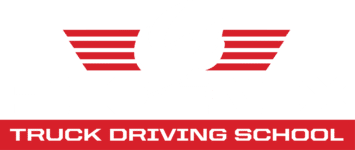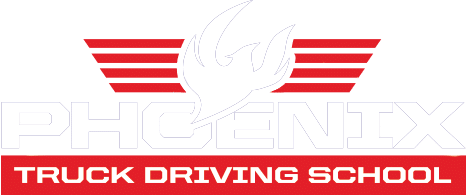After earning your commercial driver’s license (CDL), there are a variety of different career options available to you. Although over-the-road (OTR) trucking is the most common job for new graduates, this isn’t the only choice you have once you’ve gained some experience. Local trucking is one option that keeps you close to home.
Here’s what you should know about local truck driving:
What Makes Local Trucking Different?
Local trucking is different from OTR and regional jobs because drivers are working in a smaller geographical area. As a result, these truckers will typically return every day or night, and they usually report to the same location at the start of each day.
How to Get a Local Truck Driving Job
Since local driving jobs include daily home time, there is often more competition for these jobs compared to other options within the trucking industry. Additionally, they involve more city driving and frequently require backing into loading docks or customers’ parking lots several times a day. As a result, positions typically require previous driving experience.
If you are interested in a local trucking job, you should expect to spend some time driving OTR and building a safe driving record first. This may not always be necessary, but it is better to be prepared for this prior to getting your license.
Types of Local Trucking
There are various types of local trucking jobs, including:
Pickup & Delivery (P&D)
Less-than-truckload (LTL) freight is a system for hauling freight that does not fill an entire semi-truck. This system has multiple terminals and works using a “hub and spoke” model. Truckers who move freight between terminals are called linehaul drivers, and these jobs are regional. Local drivers are needed for pickup & delivery (P&D), which is the process of picking up freight from customers and bringing it to the nearest terminal as well as delivering freight from the terminal to customers.
Some Delivery Trucks
While P&D driving is one type of delivery, the typical “delivery truck” that people picture brings even smaller shipments to businesses and residences. Some delivery trucks do not require a commercial driver’s license (CDL) to operate, whereas others do. CDL delivery driving jobs are a type of local trucking.
Specialized Transportation
Some specialized types of freight require local transport. Waste transportation is one example, and other industries may also have local trucking jobs associated with them. Depending on the type of material being transported, you may need additional certifications, such as the hazardous materials (hazmat) endorsement.
Earn Your CDL
No matter what type of trucking job you are most interested in, the first step is earning your CDL. Our programs can help you do this in as little as four weeks and all of our schools offer job placement assistance to help you explore your employment options. Many of our students have offers lined up before they graduate.



